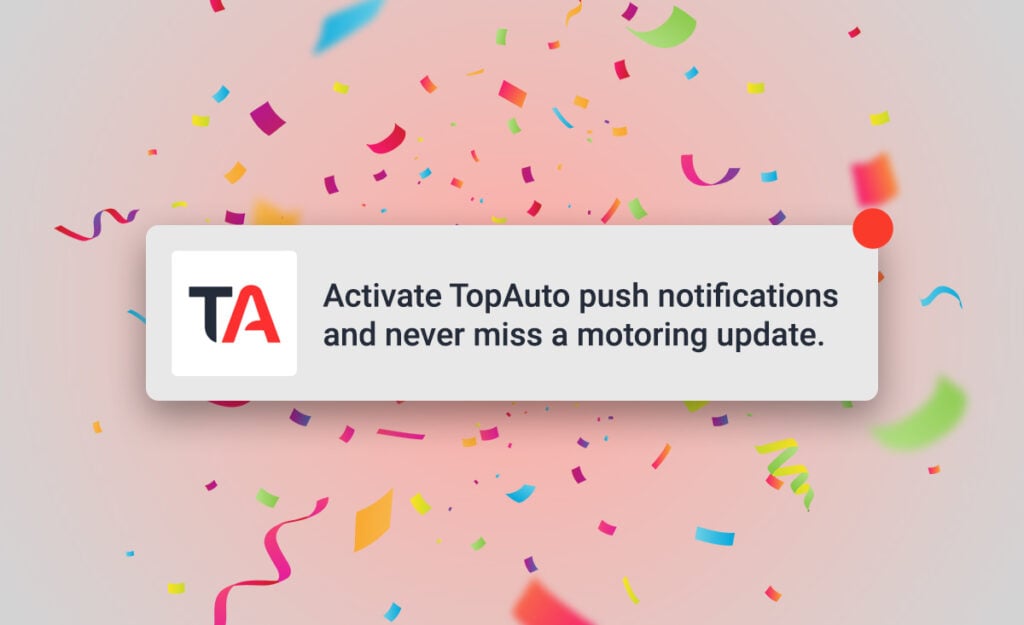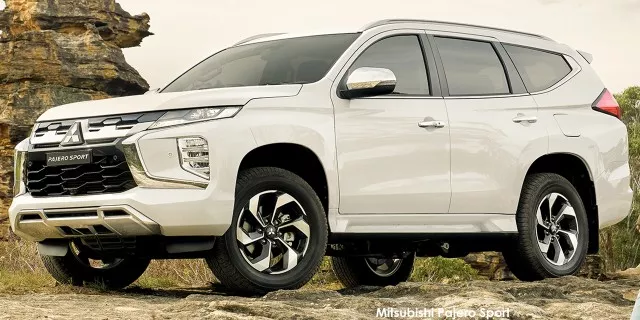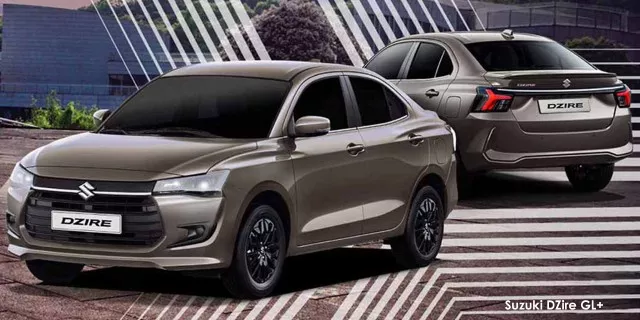
It is possible to convert your car to run on a substantially cheaper petrol alternative in South Africa, but doing so may incur more costs than initially expected.
While South Africa has experienced three months of consecutive fuel price reductions, with another round of price cuts expected in June, the cost of petrol is still very high for most households.
As a result, motorists are looking to various solutions to cut down on their monthly fuel spend, from hybrid cars to reducing their number of weekly outings.
One strategy that has gained traction in recent years is the adoption of liquified petroleum gas (LPG), which is a much more affordable alternative to the normal petrol you get at the pump.
While petrol 95 is currently retailing for R21.40 as of May 2025, LPG Autogas only costs around R12 per litre.
The catch is that you can’t just put LPG in your car and expect it to run without issues.
Instead, the vehicle must undergo a conversion that allows the engine to run on LPG.
The cost of doing so is not cheap, as the conversion kits that prepare the engines to support both petrol and LPG cost around R26,000, excluding VAT.
However, a far less obvious cost of modifying your car in this way is that it may void your warranty.
This is according to Kyle Hartley, managing director at Isinkwe Energies, a leading proponent of LPG Autogas in South Africa.
Hartley recently spoke about the hurdles to LPG adoption, such as the limited availability of petrol stations that support the gas alternative.
One important consideration he noted is that most car manufacturers still need to approve the conversion kits under their warranty policies.
“Currently, five manufacturers in South Africa approve our system and maintain warranty validity post-conversion,” he said.
Unfortunately, Hartley did not state which five automakers support the conversion.
TopAuto reached out to Isinkwe Energies to provide clarity on which brands approve of LPG and will honour their warranties post conversion, but did not receive a reply by the time of publication.
Presumably, one of the five carmakers is Toyota, as Isinkwe previously showcased a Corolla Cross SUV that had been retrofitted to support LPG.
The procedure involves the installation of a storage vessel, a multivalve, and several engine components such as a patented electronic vaporizer, fuel filter, injectors, and an electronic control unit.
A control switch is also fitted inside the cabin, allowing the driver to select which fuel they want to use in that moment.
Isinkwe stated that it does not source vehicles on the customer’s behalf but can offer an LPG solution for “most vehicle makes and models.”
Don’t forget about insurance

One other factor that may be easy to overlook is insurance, as certain companies may be unwilling to provide coverage for a vehicle that has undergone extensive modifications.
Insurers and legal experts in South Africa have cautioned that cautioned that you should first consult with your provider before making any substantial changes to your car.
If an individual fails to do so and is involved in a crash, it’s possible they may be denied coverage by their insurer.
Another energy company in South Africa that supports LPG conversions, Gaztron, states on its website that it has “established partnerships with insurance companies willing to provide coverage in instances where your current insurer may express reservations.”
In other words, not all insurers in South Africa may be willing to support an LPG conversion, which means you could be denied if you try to claim on a modified car without prior approval from your provider.








